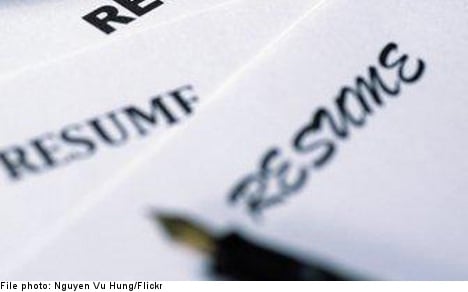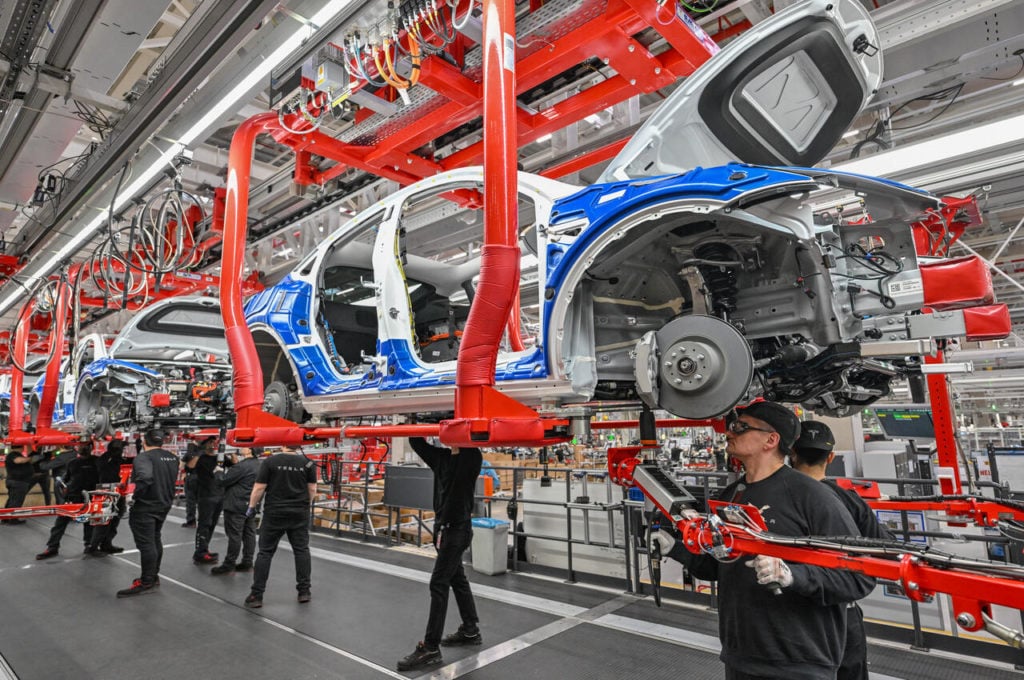“We’re not so surprised because we knew there was a lot of discrimination in the labour market,” Lund University PhD candidate Rickard Carlsson told The Local.
“We were more disappointed that appearing warm and confident was not enough for job seekers to avoid discrimination altogether.”
Carlsson and his colleagues carried out a study in which over 5,500 CVs and cover letters were randomly generated and sent out to job announcements. Rather than just sending out the same letters with different names, the team randomly generated a mix of experiences and character traits, assigning a mix of fictional Arabic and Swedish names.
“We chose Arabic names because they are treated the worst. They’re in the poorest position when it comes to stereotypes in Sweden, and we were specifically targeting characteristics of warmth and competence. Arabs are often thought to have neither.”
SEE ALSO: Click here for the latest listings for jobs in Sweden
The study revealed that the letters with the Swedish names had a 50 percent higher call back for interview when compared to the Arabic names.
“Of course, I have to emphasize that there can be bad luck in reality when it comes to getting job interviews, but there is a clear difference. But even so, it’s important to give the message that it’s not hopeless. If anything, foreign job seekers can learn from this,” Carlsson said.
He added that employers don’t take traits for granted, and that foreigners shouldn’t hesitate to disprove stereotypes in their letters.
“For Swedes, this random test shows just as much that a poor personal letter may get them through the door on the merit of their name…just as much as it shows that Arabs don’t get through based on their name.
“You need to safeguard yourself, understand there is a discrimination, and just try harder with the letter. It’s in no means pointless to apply for a job. Tell employers that you play football in your spare time, carefully explain who you are and fight the stereotypes with your letter,” he told The Local.
Carlsson explained that stereotypes don’t just affect the Arab community, with Germans often thought of as cold, and Greeks as less competent.
He added that employers should try to be more objective in their recruitment process, and that society needs to work to reduce the stereotypes.
While Carlsson said that unusual cases occasionally crop up such as the Romanian student in Uppsala who found greater success when he changed his name to sound more Swedish, such incidents are just a small snapshot that don’t paint a complete picture of Sweden’s discrimination problems.
“A truly randomized experiment really increased the field and allowed a fuller scope of what’s actually happening,” he said.
Oliver Gee




 Please whitelist us to continue reading.
Please whitelist us to continue reading.
Member comments